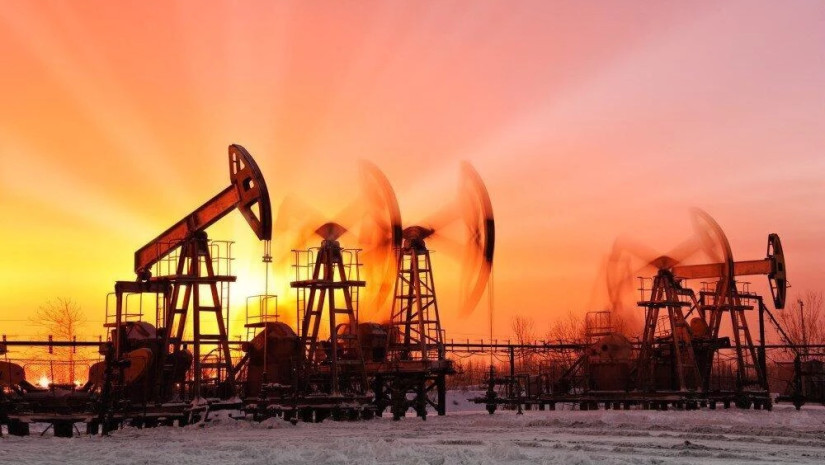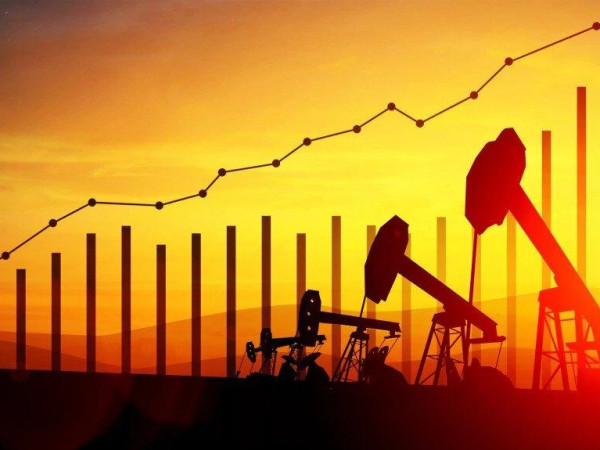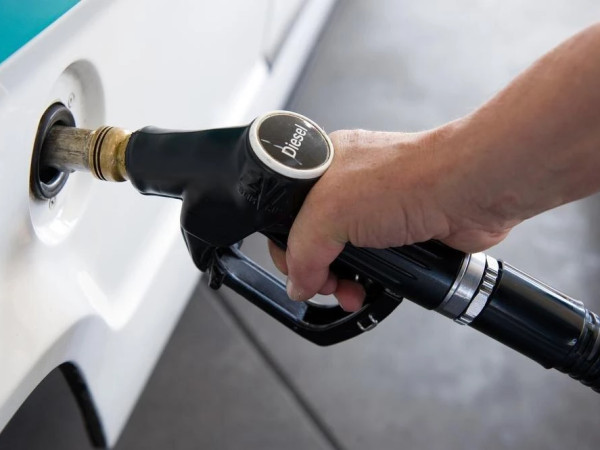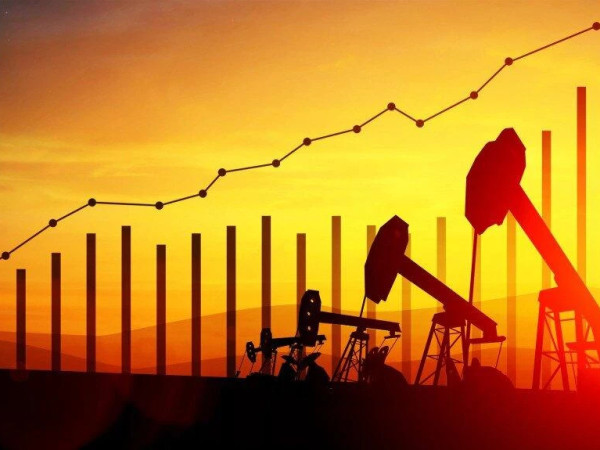EU governments have tentatively agreed on a $60 a barrel price cap on Russian seaborne oil aimed at reducing Moscow's ability to finance its war in Ukraine.
"The price cap is set at $60 with a provision to keep it 5 percent below market price for Russian crude, based on [International Energy Agency] figures," an EU diplomat said, according to Reuters on December 1.
U.S. Deputy Treasury Secretary Wally Adeyemo said he was encouraged by the news about the tentative agreement on the price cap -- an idea supported by the United States and the other Group of Seven (G7) leading industrialized nations -- adding that he expects the European Union to iron out details and reach a final agreement.
EU countries have wrangled for days over the details of the price cap. Poland, which had pushed for the cap to be as low as possible, had as of late on December 1 not confirmed its support for the deal, Reuters and AFP reported.
The initial G7 proposal last week was for a cap of $65-$70 per barrel with no adjustment mechanism.
Poland, Lithuania, and Estonia rejected that level because Russian Urals crude, the main variety sold by Russia, was trading at below $70 a barrel on December 1 and last week traded at about $55.
The G7 price cap on Russian seaborne crude oil is to kick in on December 5, replacing an outright ban on buying Russian seaborne crude.
The price cap would work by prohibiting shippers and insurance companies from handling cargoes of Russian crude unless it is sold at or below the price cap.
The world's key shipping and insurance firms are based in G7 countries, giving them leverage to set the price cap and make it difficult for Moscow to sell its oil for a higher price.
The adjustment mechanism would mean the price cap would be reviewed in mid-January and every two months after that.
The document outlining the tentative agreement, quoted by Reuters, said a 45-day "transitional period" would apply to vessels carrying Russian-origin crude oil that was loaded before December 5 and unloaded at its final destination by January 19, 2023.
Russian President Vladimir Putin warned last week that any attempt by the West to cap the price of Russian oil would have "grave consequences" for world markets. But the G7 vowed to go ahead.
Oil ministers from OPEC+ cartel of petroleum exporting countries, of which Russia is a member, will meet in Vienna on December 4, RFE/RL reports.















